
How To Make Resveratrol More Bioavailable: Unlocked!
Boost your health game! Discover how to make resveratrol more bioavailable in our comprehensive guide. Start reading!
You've probably come across the term 'resveratrol' in your quest for knowledge about natural health-boosting compounds.
Well, you're in luck! Today, we're going to delve deep into the world of this fascinating compound, discuss its many health benefits, and tackle the often confusing subject of bioavailability.
We'll also explore the importance of understanding the science behind resveratrol metabolites and bioavailability. So, ready to dive in? Let's go!
Resveratrol is a naturally occurring compound that has been touted for its myriad health benefits. It's been linked to heart health, anti-aging properties, and even cancer prevention.
But, there's a catch - resveratrol has notoriously low bioavailability, meaning our bodies have a hard time absorbing it. But don't worry, we're going to break down all these complex concepts and give you a clear understanding of what's going on.
A Deep Dive into Resveratrol

What is Resveratrol?
First things first, let's define resveratrol.
In simpler terms, it's a protective compound plants produce under stress. Interesting, right?
Natural Sources of Resveratrol
As for where you can find resveratrol, it's abundant in the skin of red grapes (which is why you may have heard that red wine is good for your heart!), but it's also found in other fruits like blueberries and cranberries, as well as peanuts and dark chocolate.
Yes, you read that right, your favorite indulgences might actually be doing you some good!
Health Benefits of Resveratrol
Now, onto the good stuff - the health benefits of resveratrol.
Research suggests that resveratrol has several potential health benefits, including protecting heart health, reducing your risk of cardiovascular diseases, potentially preventing cancer, and slowing down the aging process.
It's also been studied for its potential role in weight loss and diabetes control.
The science is still evolving, but these potential benefits are certainly exciting!
The Bioavailability Challenge of Resveratrol
Alright, now that we've covered the basics of what resveratrol is and its potential health benefits, let's delve into a slightly more complex topic: bioavailability.

What is Bioavailability?
Bioavailability refers to the amount of a substance that enters your bloodstream and can elicit an effect after it's been ingested.
It's a crucial concept because it doesn't matter how much of a nutrient or compound you consume; what truly matters is how much of it your body can actually use.
Why Does Resveratrol Have Poor Bioavailability?
Now, you might be wondering, "Why does resveratrol have poor bioavailability?" Good question! The problem lies in our body's metabolism.
To put it simply, imagine you're trying to fill a bathtub but the drain is wide open. No matter how much water you pour in, it's going to drain out almost as fast. That's essentially what's happening with resveratrol in our bodies.
The Implications of Low Bioavailability
So, what does low bioavailability mean for you? Essentially, it means that even if you're consuming foods rich in resveratrol or taking supplements, only a small fraction of that resveratrol is making its way into your bloodstream and doing its job.
This doesn't mean that consuming resveratrol is futile. Remember, even small amounts can have beneficial effects. But it does highlight the importance of finding ways to improve resveratrol's bioavailability - which is exactly what we'll explore next.
Understanding Resveratrol Metabolism
Okay, we've covered resveratrol's health benefits and the challenge of its bioavailability.
Now, let's get a bit scientific and talk about how resveratrol is metabolized in the body. Don't worry, we'll make it as simple as possible!
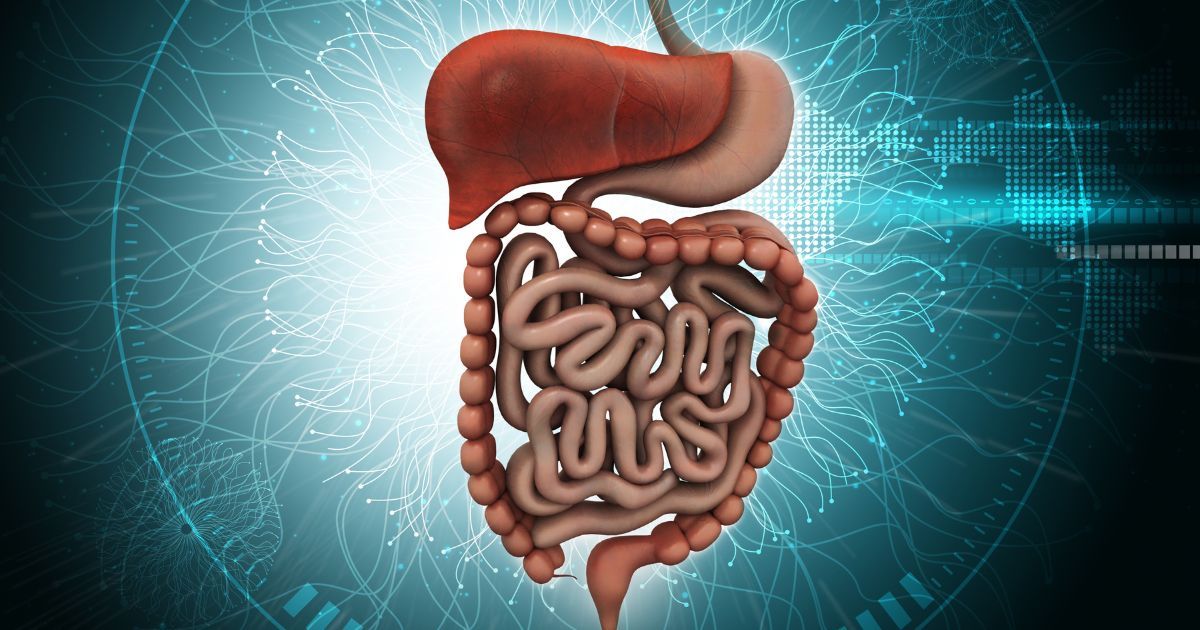
The Metabolic Pathway of Resveratrol
When you consume resveratrol, whether through food or supplements, it doesn't just magically appear in your bloodstream. It goes through what's called a metabolic pathway. Think of this as a journey with several stops along the way.
- First, resveratrol is absorbed in the intestines.
- From there, it travels to the liver, where it undergoes what's known as "first-pass metabolism."
This process significantly reduces the amount of resveratrol that eventually makes it into your bloodstream.
The Role of Enzymes in Resveratrol Metabolism
Enzymes play a critical role in the metabolism of resveratrol.
These enzymes attach certain molecules to resveratrol, which makes it more soluble but also more easily excreted from the body.
How Resveratrol Metabolites Are Formed
As resveratrol goes through the metabolic process, it gets converted into various metabolites.
These are essentially modified versions of the original resveratrol molecule.
The main metabolites of resveratrol are resveratrol-3-O-sulfate, resveratrol-3-O-glucuronide, and resveratrol-4'-O-glucuronide.
While these metabolites are more easily excreted from the body, research suggests they may also have health benefits. However, more studies are needed to fully understand their effects.
The Science Behind Resveratrol Metabolites
We've made it to the final stretch of our resveratrol journey! Now, let's dig deeper into resveratrol metabolites - what they are, their biological activities, and their impact on resveratrol's bioavailability.
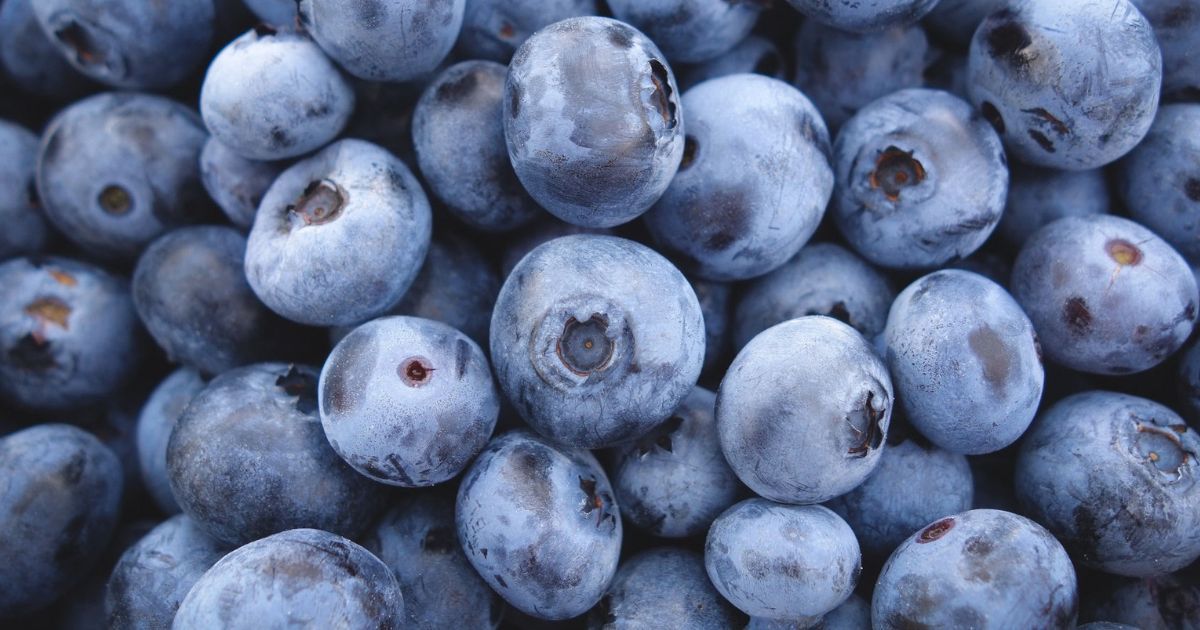
Different Types of Resveratrol Metabolites
As we mentioned earlier, when resveratrol goes through its metabolic process, it gets converted into various metabolites.
The main metabolites of resveratrol are resveratrol-3-O-sulfate, resveratrol-3-O-glucuronide, and resveratrol-4'-O-glucuronide.
Each of these metabolites is a slightly different version of the original resveratrol molecule, with different properties and potential health benefits.
The Biological Activity of Resveratrol Metabolites
So, what do these metabolites do? Well, research suggests that they may have some biological activity of their own.
For example, studies have shown that resveratrol-3-O-sulfate has anti-inflammatory properties, while resveratrol-3-O-glucuronide has been found to have anticancer effects.
However, it's important to note that the biological activity of these metabolites is not as well understood as that of resveratrol itself. More research is needed to fully understand their potential health benefits.
The Effect of Metabolites on Resveratrol's Bioavailability
Now, let's circle back to the topic of bioavailability. The formation of these metabolites is a double-edged sword when it comes to resveratrol's bioavailability.
- On one hand, the transformation of resveratrol into these more soluble metabolites allows it to be excreted from the body more easily, reducing its bioavailability.
- On the other hand, these metabolites may also have health benefits of their own, which could contribute to the overall effect of consuming resveratrol.
While the bioavailability of resveratrol presents a challenge, understanding the science behind its metabolism and the role of its metabolites can help us make the most of this fascinating compound.
So next time you enjoy a glass of red wine or a handful of blueberries, take a moment to appreciate the complex biological journey that resveratrol is embarking on in your body!
Strategies to Improve Resveratrol Bioavailability
Alright, we've learned a lot about resveratrol so far, haven't we? But the most important question remains - how can we get the most out of it?
In this section, we'll explore some strategies that might help improve resveratrol's bioavailability. So, let's dive right in!
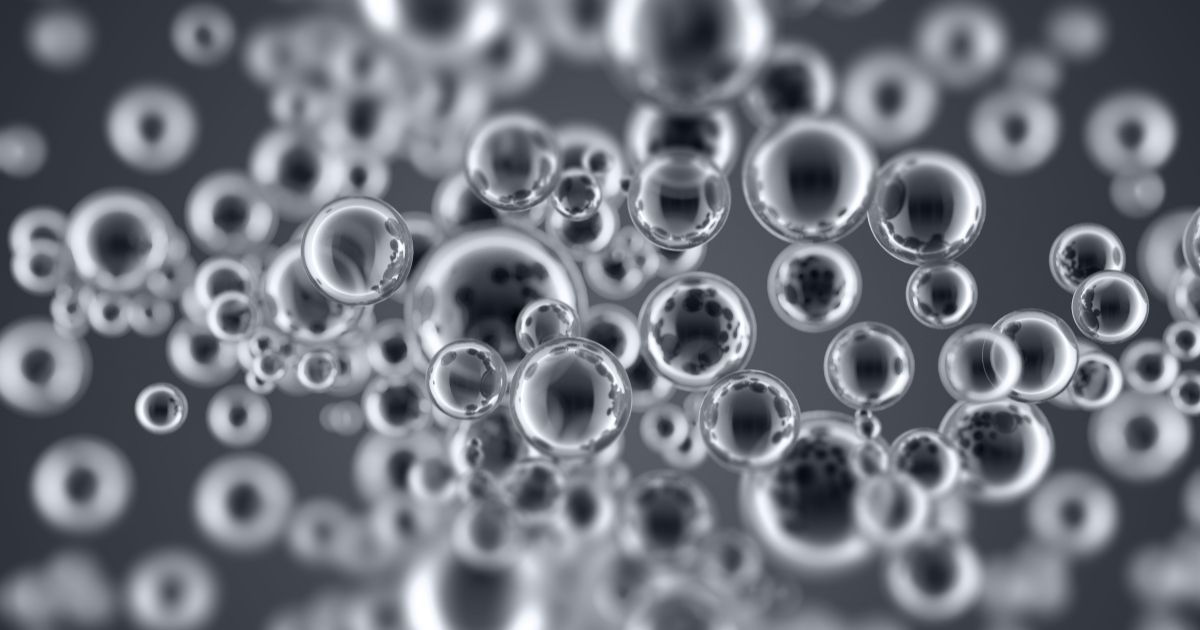
The Potential of Nano Delivery Systems for Enhancing Resveratrol Bioavailability
One promising approach to improving resveratrol bioavailability is using nano-delivery systems. These are tiny particles that can carry resveratrol directly to the cells where it's needed.
For instance, research has shown that encapsulating resveratrol in nanoparticles can significantly increase its absorption and bioavailability.
This kind of technology could potentially make resveratrol supplements much more effective.
The Use of Adjuvants to Improve Resveratrol Absorption
Another strategy involves using certain substances, known as adjuvants, to enhance resveratrol absorption.
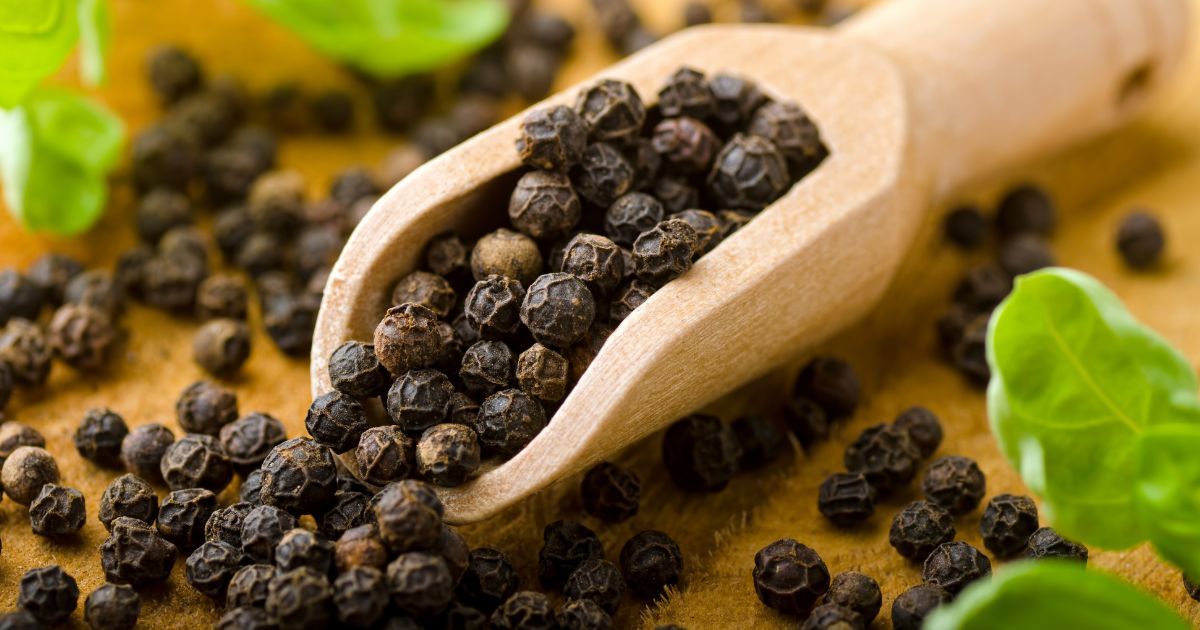
In short, adding a little black pepper to your resveratrol supplement could potentially make it more effective. However, this is an area that still requires further research, so don't start popping black pepper just yet!
Dietary Strategies to Enhance Resveratrol Bioavailability
Finally, there is one easy dietary strategy that could potentially enhance resveratrol bioavailability.
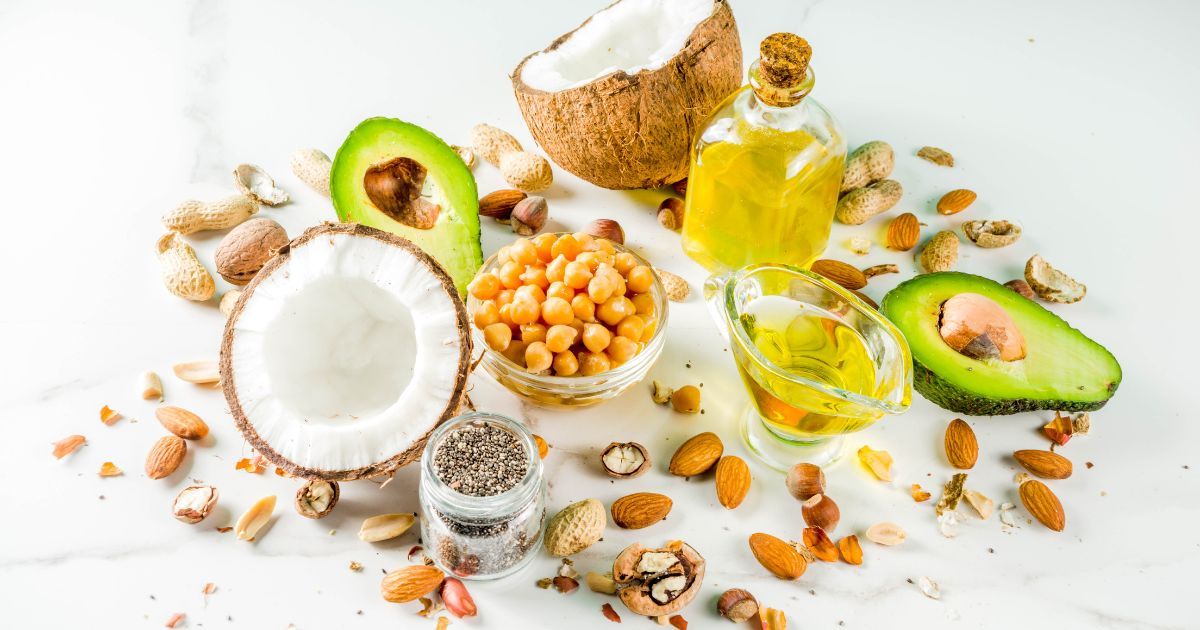
While resveratrol's low bioavailability presents a challenge, there are several promising strategies for overcoming this issue. As we continue to learn more about this fascinating compound, we can look forward to finding new ways to make the most of its health benefits.
Future Research and Implications
As we wrap up our deep dive into resveratrol, it's important to acknowledge that there's still a lot we don't know about this fascinating compound.
In this final section, we'll cover the current limitations in our understanding, areas for future research, and the potential impact of improved resveratrol bioavailability on human health.
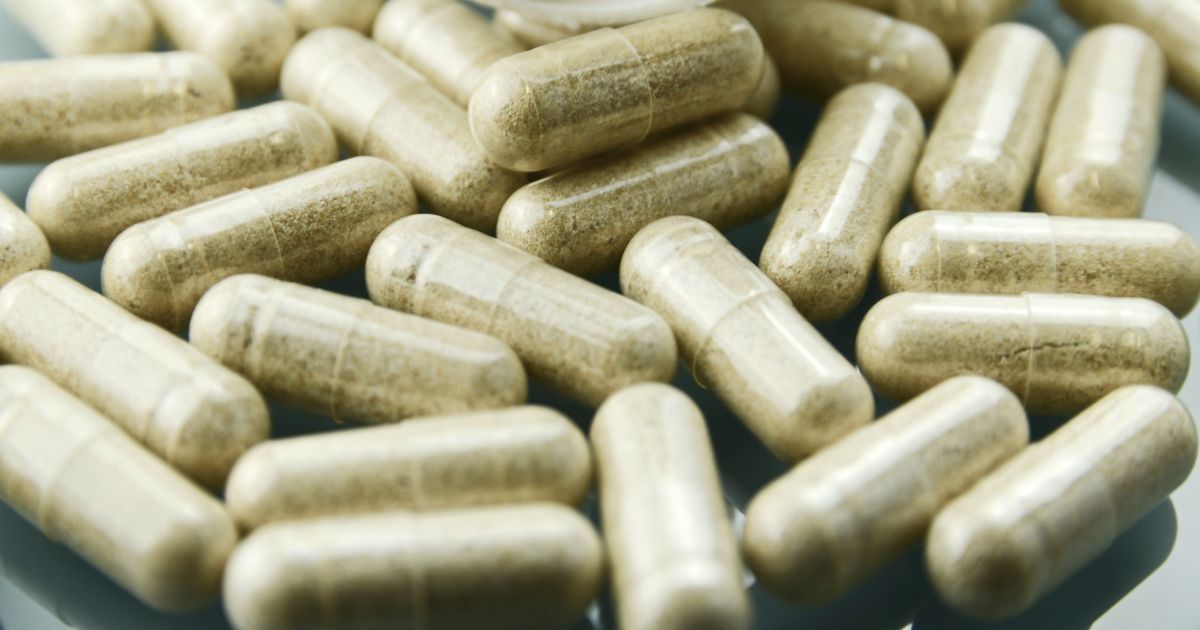
Current Limitations in Our Understanding of Resveratrol Bioavailability
While we've made significant strides in understanding resveratrol and its metabolism, there are still some gaps in our knowledge.
While we know that resveratrol is rapidly metabolized and excreted from the body, we don't fully understand how these metabolites affect our health. More research is needed to explore the biological activity of these metabolites and their potential health benefits.
Areas for Future Research
Future research should focus on better understanding the metabolism and bioavailability of resveratrol in humans.
This could involve clinical trials that examine the effects of different doses of resveratrol, or studies that investigate the impact of various dietary and lifestyle factors on resveratrol absorption.
In addition, more research is needed to explore the potential health benefits of resveratrol metabolites. This could lead to new strategies for enhancing the bioavailability of resveratrol and maximizing its health benefits.
The Potential Impact of Improved Resveratrol Bioavailability on Human Health
Imagine if we could enhance the bioavailability of resveratrol, enabling more of it to be absorbed and used by our bodies.
This could potentially amplify the health benefits of resveratrol, from improved heart health to enhanced brain function and beyond.
As we continue to unravel the mysteries of resveratrol, we can look forward to new insights and advancements that could help us live healthier, longer lives. So here's to the future of resveratrol research - who knows what exciting discoveries await?
Frequently Asked Questions
Are resveratrol supplements bioavailable?
Yes, resveratrol supplements can be absorbed by your body, but they don't stay long because they're quickly metabolized. Absorption is quite good, with up to 75% of a dose absorbed when taken orally. But remember, how much your body can use depends on the dose and how it's delivered [source].
What is the best form of resveratrol to take?
The best form of resveratrol to take can vary, but capsules and tablets are commonly used. Brands like Thorne Research ResveraCel, Cymbiotika NMN, and Zhou Nutrition Resveratrol are often recommended. It's also suggested that resveratrol may be better absorbed when taken with fat.
Does piperine increase the bioavailability of resveratrol?
Yes, piperine can increase the bioavailability of resveratrol. Studies show that when you take resveratrol with piperine, it can boost the amount of resveratrol in your body. However, more research is needed to understand the full effects [source].
Bottom Line
And just like that, we've reached the end of our journey exploring the world of resveratrol, its metabolites, and bioavailability.
We've learned about the different types of resveratrol metabolites, their biological activities, and how they affect resveratrol's bioavailability. We've also explored some promising strategies for improving resveratrol's bioavailability, from nano-delivery systems to dietary changes.
The importance of continued research into this area cannot be overstated. As our understanding of resveratrol and its metabolites continues to grow, we have the potential to unlock new ways to boost our health and well-being.
Understanding the science behind resveratrol metabolites and bioavailability is not just a matter of academic interest - it has real, tangible implications for our health.
By taking the time to educate ourselves about these topics, we can make informed decisions about our diet and lifestyle that will help us get the most out of this fascinating compound.
Stay curious and keep learning! New research on resveratrol is being published all the time, and staying informed about these developments can help you make the most of this powerful compound.
Why not try implementing some of the strategies we've discussed to enhance your own resveratrol bioavailability?
Whether it's enjoying your resveratrol-rich foods with a fat-rich meal, or keeping an eye out for future supplements that use nano-delivery systems or adjuvants, there are plenty of ways you can take action.
Remember, every step we take towards understanding the science of nutrients like resveratrol is a step towards better health and well-being. Here's to your health!
Before You Go...




